

2019-05-17 15:24:00 Fri ET
trust perseverance resilience empathy compassion passion purpose vision mission life metaphors seamless integration critical success factors personal finance entrepreneur inspiration grit
A Harvard MBA graduate Camilo Maldonado shares several life lessons and wise insights into personal finance. People can leverage stock market investments and 401(k) and other individual retirement accounts to optimize their own net worth and wealth accumulation. Living within our means is a primary strength in the long run. It might be even better for us to live below our means with frugal habits. Instead of overspending on high rent and overhead expenditures, we should save enough to invest in blue-chip stocks with steady cash dividends and long-term capital gains.
Further, tax-sensitive investors should maintain a multi-year time horizon for wise stock investment decisions. In this light, long-run stock investors can exponentially compound multiple streams of passive income over many years. For instance, if the investor saves $100,000 to buy stocks with 11% average equity market return performance over 30 years, the eventual wealth accumulation amounts to almost 23 times the initial outlay (i.e. $2.29 million in total). It is therefore important for us to learn the fact that we cannot buy happiness sooner rather than later. On balance, we should invest patiently in our skill sets and money matters by learning to delay immediate gratification over time. Patience pays well.
If any of our AYA Analytica financial health memos (FHM), blog posts, ebooks, newsletters, and notifications etc, or any other form of online content curation, involves potential copyright concerns, please feel free to contact us at service@ayafintech.network so that we can remove relevant content in response to any such request within a reasonable time frame.
2023-08-28 08:26:00 Monday ET
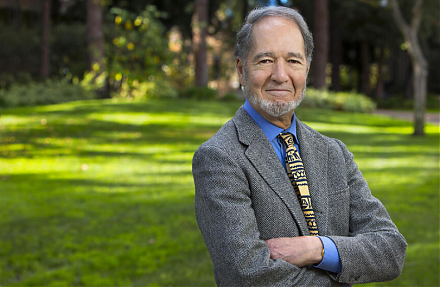
Jared Diamond delves into how some societies fail, succeed, and revive in global human history. Jared Diamond (2004) Collapse: how societies
2018-07-09 09:39:00 Monday ET
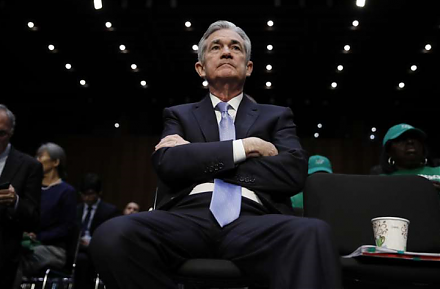
The Federal Reserve raises the interest rate again in mid-2018 in response to 2% inflation and wage growth. The current neutral interest rate hike neither b
2017-08-31 09:36:00 Thursday ET
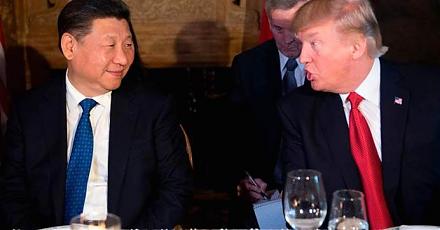
The Trump administration has initiated a new investigation into China's abuse of American intellectual property under Section 301 of the Trade Act of 19
2022-03-15 10:32:00 Tuesday ET

Capital structure theory and practice The genesis of modern capital structure theory traces back to the seminal work of Modigliani and Miller (1958
2020-06-03 09:31:00 Wednesday ET
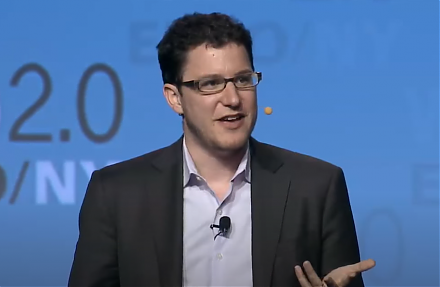
Lean enterprises often try to incubate disruptive innovations with iterative continuous improvements and inventions over time. Trevor Owens and Obie Fern
2023-04-14 13:32:00 Friday ET
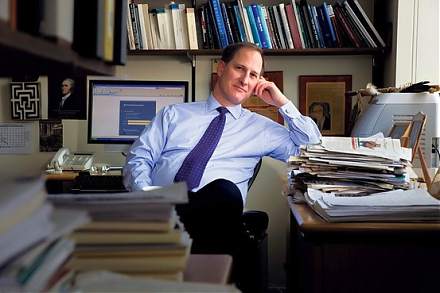
Calomiris and Haber delve into the comparative analysis of bank crises and politics in America, Britain, Canada, Mexico, and Brazil. Charles Calomiris an